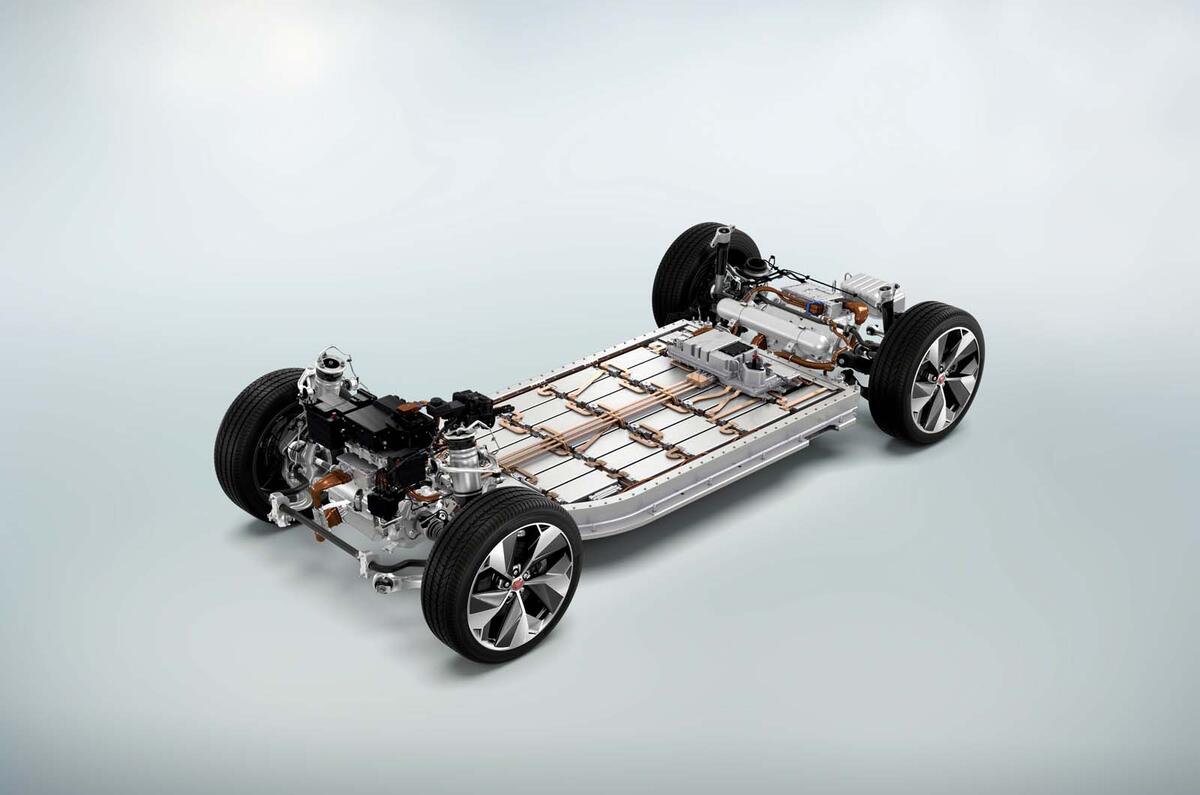Solid-state battery technology “may not be necessary” for future electric cars due to developments in lithium-ion-based batteries.
That’s according to Mercedes chief technology officer Markus Schäfer, who said improvements to the energy density of lithium ion batteries had been “unexpected” to the point where they could end up being “neck and neck” with solid-state batteries in terms of cost and energy density.
Solid-state battery technology has long been touted as the next breakthrough for battery-electric vehicles for its supposedly better energy density and therefore lower cost, but Schäfer says he doesn’t see them as having “come with a major cost advantage or energy advantage” because “so many people have worked on the conventional cells, making them so much better”.
He conceded there is a safety advantage to solid-state technology but developments are expected in lithium technology too. As such, the technologies are in “a head-to-head race, the winner of which I don’t know” and solid state no longer seems a “major breakthrough” while still facing a “long, long development time”.
Schäfer said Mercedes has invested in start-up firms developing the technology in the US and Korea and is still continuing to watch the development of the technology with interest.
However, he said that the “very optimistic forecasts a while ago” about the potential roll-out of solid-state battery technology “reminds me a little bit of the forecasting for autonomous driving”, a reference to how that has been delayed and the industry has scaled back on projections for its uptake.
His comments are at odds with recent positive developments in solid-state battery technology from the likes of Nissan and Toyota, both of whom plan to have it in production in 2028 and see it as a key breakthrough in battery technology to enable smaller, less expensive and more energy-dense cells in the long term.
Schäfer also dismissed ultra-fast charging as a way of getting smaller batteries into electric cars, because range anxiety is still prevalent among buyers who still think of the worst-case scenario rather than typical daily usage.
“They think about the one trip they have to do each year [that requires more range] and this is not rational. People think only of their one winter ski trip or summer drive to Italy,” he said.










Join the debate
Add your comment
Mr. Schafer is being disingenuous, at best.
Yes, solid state batteries have been over hyped, and much slower to market than anticipated. And yes, initial prototypes have not realized projections made by early researchers.
But no where have I read about energy density improvements in traditional Li ion technology that makes it competitive with solid state batteries. Even the vaunted 4680 Tesla battery has critics who report the energy density is lower than the older 2170's. And nowhere is any mention of improvements that address the expensive mineral compositions of Li ion technology while maintaining energy density. Lower cost minerals substituted for cobalt or nickel tend to lower energy density.
Mr. Schafer is myopic in apparently addressing only the European market. In North America, the charging infrastructure is sparse. Add in cold climate performances (another advantage for SS technology), having quick charging batteries is even more important.
For North Americans, it's not unusual to take 1000 mile trips- e.g., snowbirds from the northeast travelling to warmer climates in the south. With ICE vehicles, these can be completed comfortably in two days with two 10 minute stops for gas. A cold weather 200 mile range means between 3 and 4 two hour stops using mid-range chargers. This trip basically turns into a three day one. Higher density batteries, and ultra fast charge rates address this problem.
Schafer also does not mention one other advantage of solid state technology: longevity. SS batteries do not suffer nearly as much from the infamous dendrite problem. SS batteries should last a lot longer.
So sorry, SS technology is still a game changer. When the Chief Technology Officer for Mercedes suggests there may be no need for SS technoloigy, it makes me wonder how far behind Mercedes is in this race.
Diesel: 44.8MJ/kg, lithium-ion battery: 0.46-0.72MJ/kg.
That means for the same distance a battery weighs 44.8 / 0.72 = 67.8 times as much as a tank of diesel.
That’s before taking into account that a diesel tank run full to empty weighs on average half its weight when full and a battery weighs the same charged or flat.
All the improved battery technology in the known universe isn’t going to compensate for that.
Now subtract the weight, maintenance, energy and emissions efficiency of the electric drivetrain vs. the diesel drivetrain.
And before you go-off on fossil fuels generating electricity, compare the efficiency and reduced emissions of ground-based fossil fuel electricity production vs. cars that idle in traffic and the lower effectiveness of a catalytic converter.